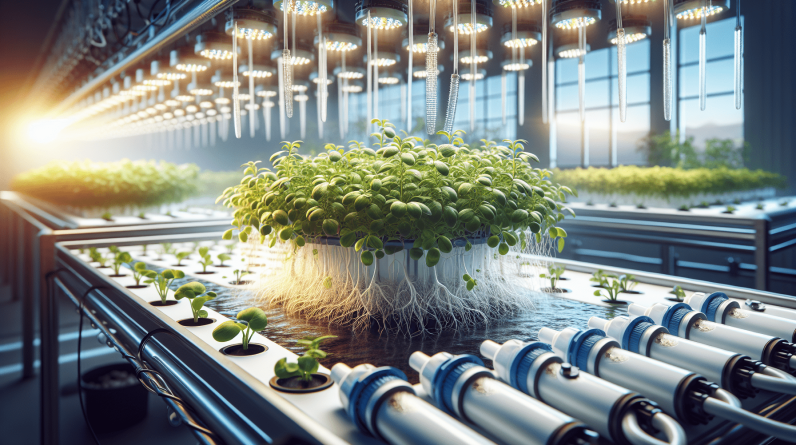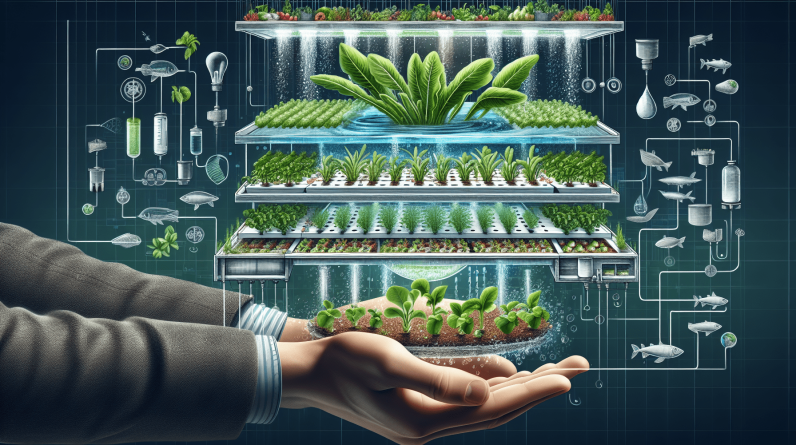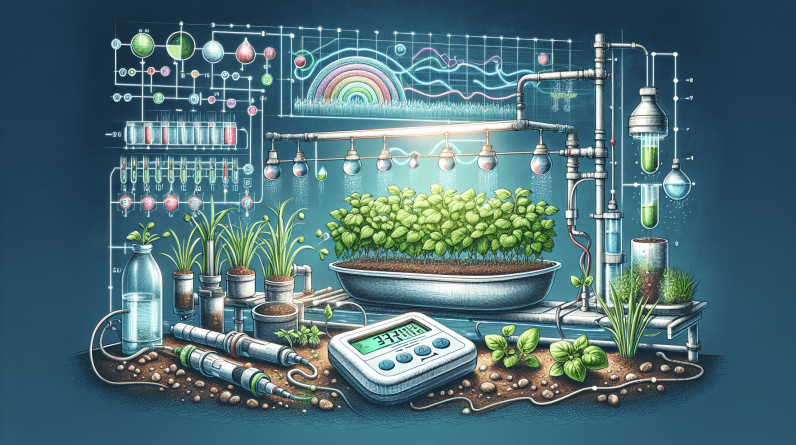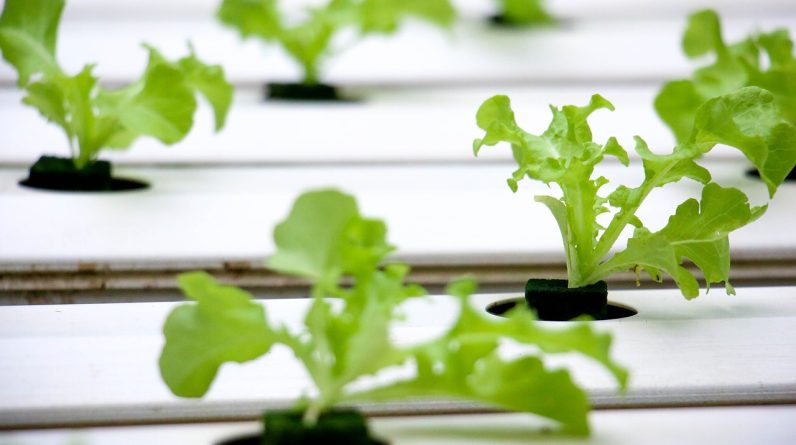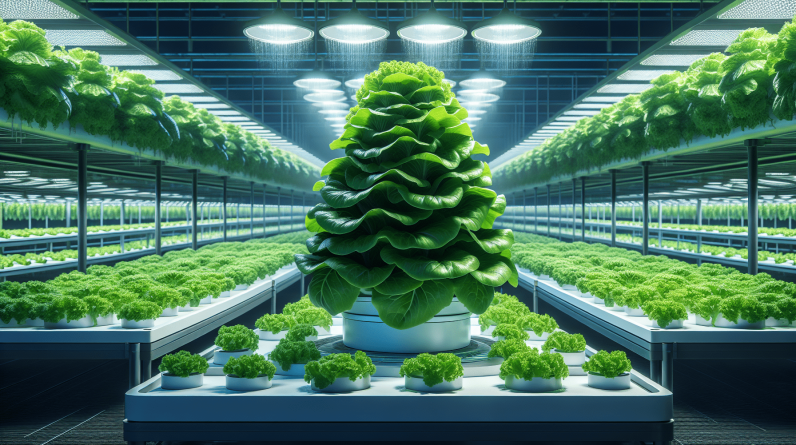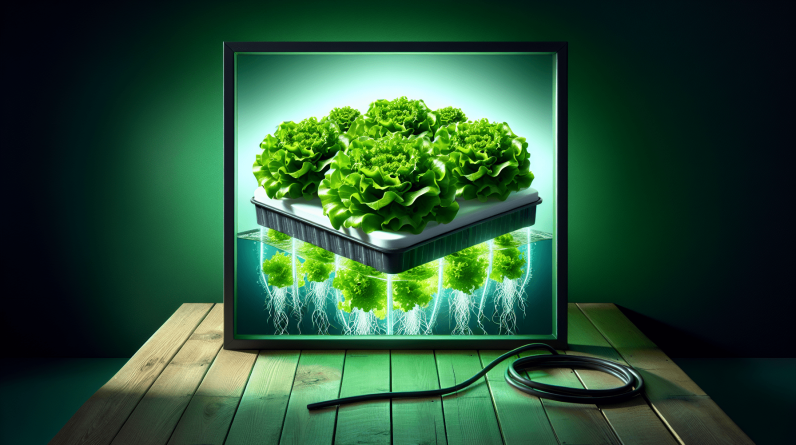
Do you know the benefits of using organic nutrients in hydroponics? Let’s explore how incorporating organic nutrients into your hydroponic system can enhance plant growth and yield.
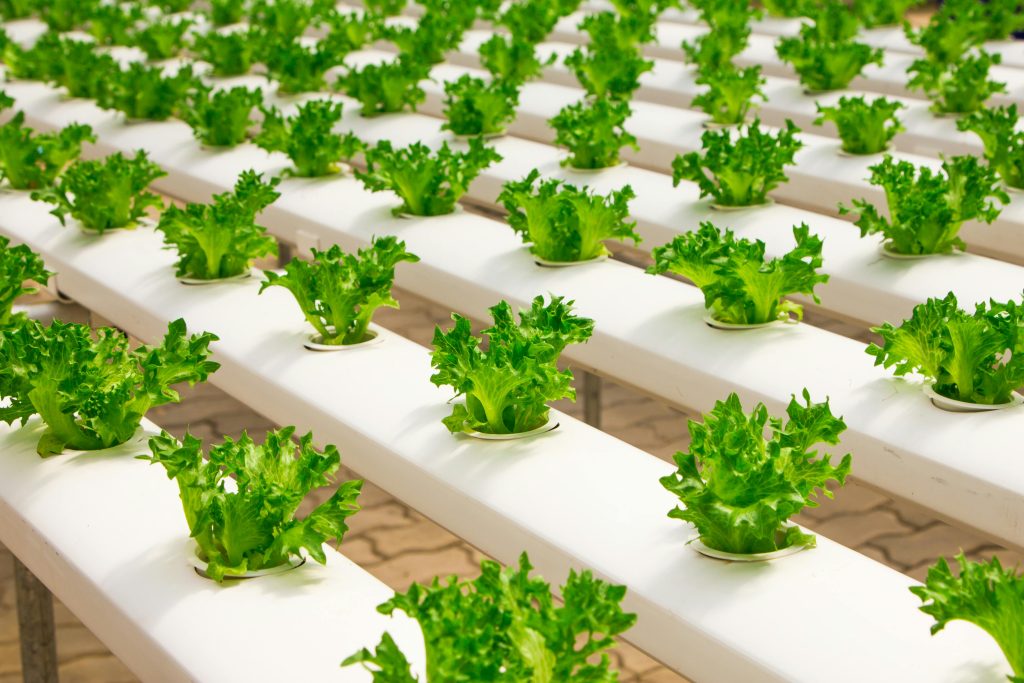
Understanding Hydroponics
Hydroponics is a method of growing plants without soil, using a nutrient-rich solution to supply essential minerals directly to the plant roots. This technique allows for precise control over the plant’s environment, including nutrients, pH levels, and water quality. By eliminating the need for soil, hydroponics conserves water, reduces the risk of soil-borne diseases, and enables year-round cultivation.
Did you know? Hydroponics utilizes up to 90% less water than traditional soil gardening methods, making it a more sustainable option for growing plants.
Importance of Nutrients in Hydroponic Systems
Nutrients are essential for plant growth and development, providing the necessary elements for photosynthesis, protein synthesis, and overall plant health. In hydroponic systems, plants rely on a nutrient solution to fulfill their nutritional needs. Organic nutrients, derived from natural sources, offer numerous benefits over synthetic alternatives, including improved plant uptake and reduced environmental impact.
Fun fact: Organic nutrients promote healthy root development, leading to stronger, more resilient plants that are better equipped to resist diseases and pests.
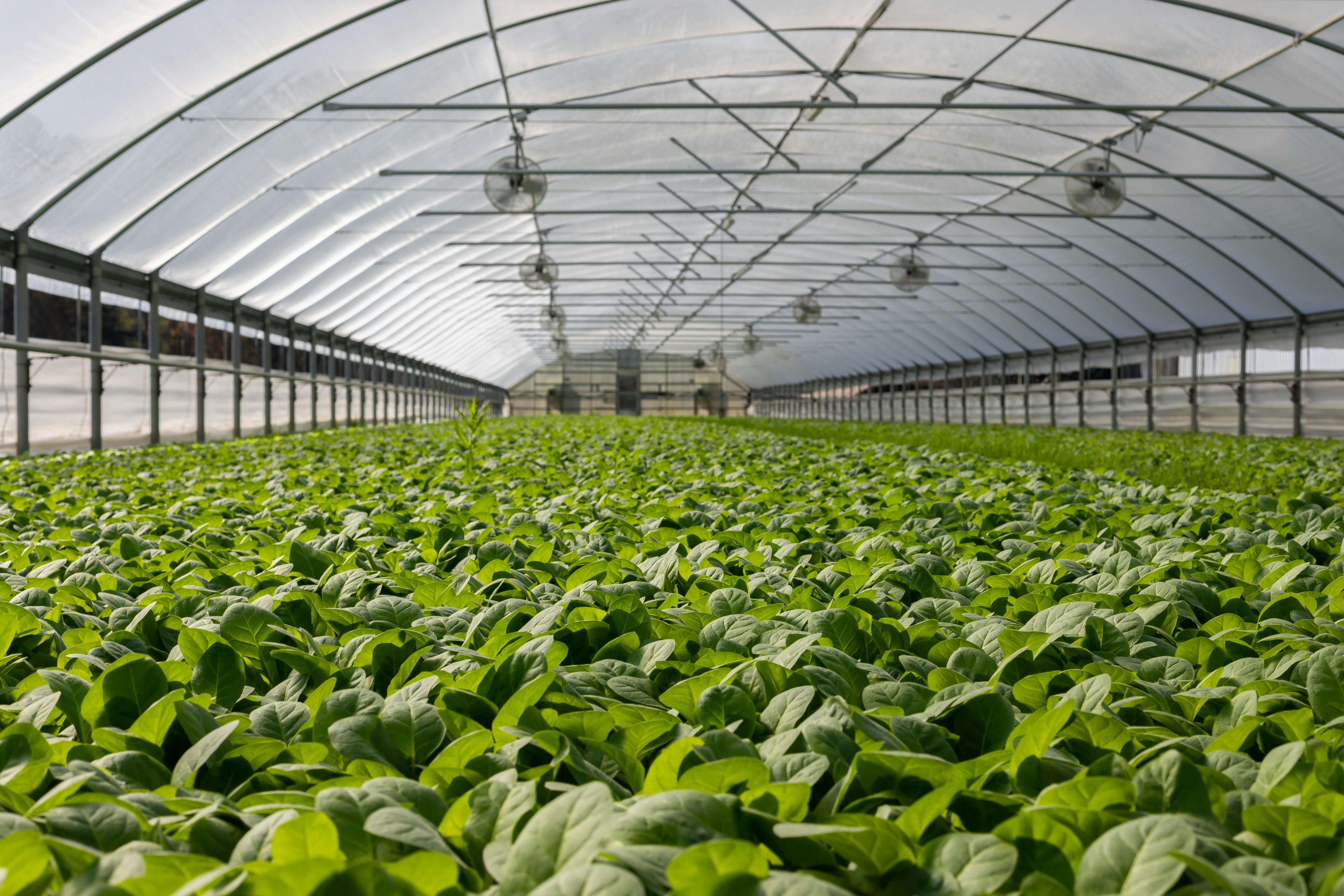
Benefits of Using Organic Nutrients in Hydroponics
Organic nutrients offer various advantages when used in hydroponic systems, contributing to enhanced plant growth, increased yields, and improved overall plant health. Let’s explore some of the key benefits of incorporating organic nutrients into your hydroponic setup.
Enhanced Nutrient Uptake
Organic nutrients are more readily available to plants, as they contain complex molecules that are easily absorbed by the roots. This improved nutrient uptake results in faster growth, stronger plants, and higher yields compared to synthetic fertilizers. By providing plants with a diverse array of organic compounds, you can ensure they receive all the essential nutrients they need to thrive.
Sustainable and Environmentally Friendly
Organic nutrients are derived from natural sources, such as compost, manure, and plant extracts, making them sustainable and environmentally friendly. Unlike synthetic fertilizers, organic nutrients release nutrients slowly over time, reducing the risk of nutrient leaching and runoff into waterways. By using organic nutrients in your hydroponic system, you can minimize your environmental impact and promote sustainable gardening practices.
Healthier Plants and Improved Taste
Plants grown with organic nutrients tend to be healthier, more vibrant, and more flavorful than those cultivated with synthetic fertilizers. Organic nutrients promote balanced nutrient uptake, resulting in plants with improved resistance to diseases and pests. Additionally, organic crops often have a richer taste and higher nutritional value due to the complex organic compounds present in the nutrient solution.
Cost-Effective Long-Term Solution
While organic nutrients may have a slightly higher upfront cost than synthetic fertilizers, they offer a cost-effective long-term solution for hydroponic growers. Organic nutrients improve soil structure, enhance microbial activity, and promote beneficial soil organisms, leading to healthier plants and increased yields over time. By investing in organic nutrients, you can create a self-sustaining system that reduces the need for costly inputs and chemical amendments.
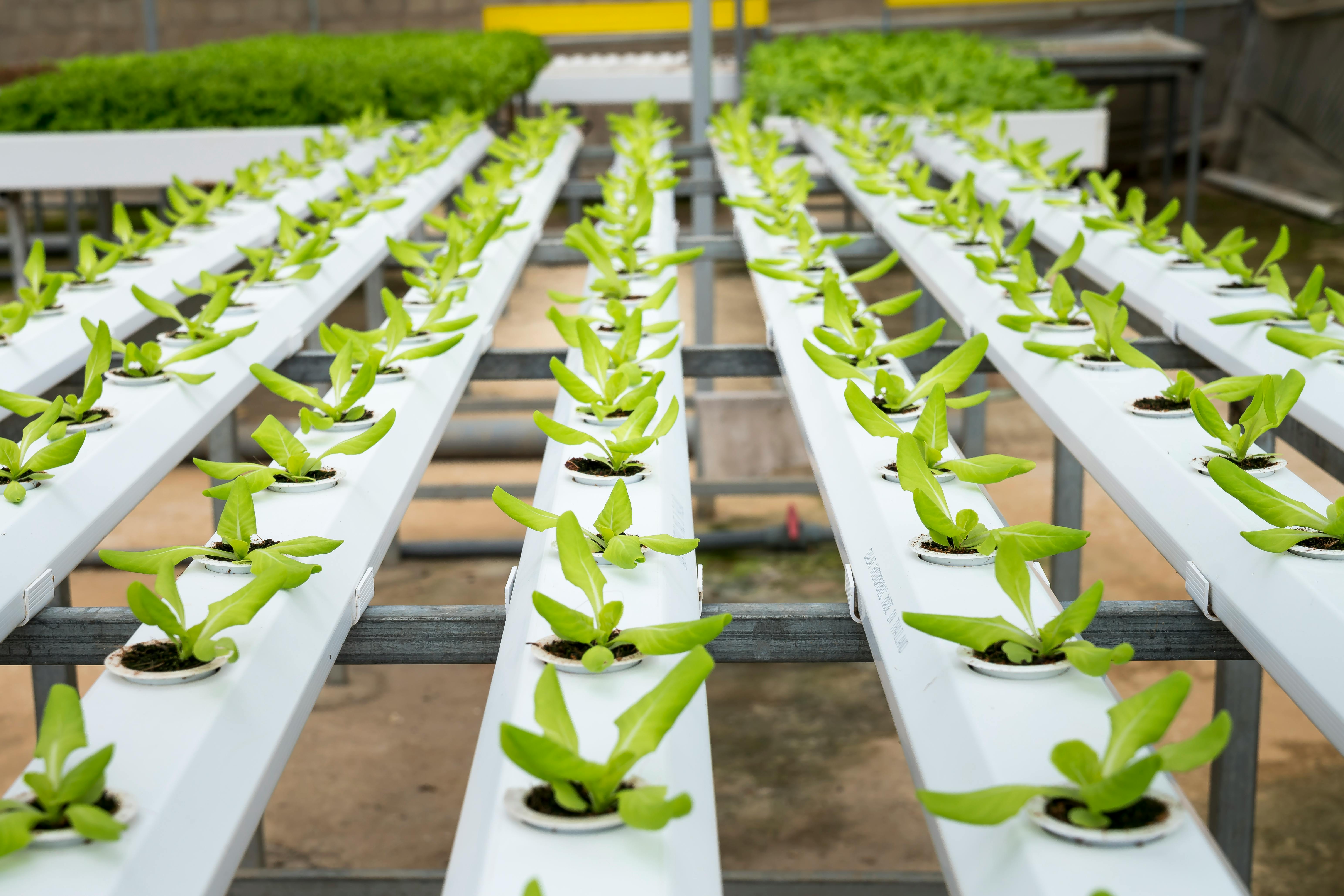
Types of Organic Nutrients for Hydroponics
There are several types of organic nutrients available for hydroponic systems, each offering unique benefits and applications. Understanding the different types of organic nutrients can help you choose the right products for your plants and maximize their growth potential.
Fish Emulsion
Fish emulsion is a popular organic nutrient derived from fish byproducts, such as fish meal and fish waste. Rich in nitrogen, phosphorus, and potassium, fish emulsion provides essential nutrients for plant growth and helps improve soil fertility. It also contains beneficial trace minerals that support overall plant health and development.
Seaweed Extract
Seaweed extract is a natural organic fertilizer made from seaweed harvested from the ocean. Packed with micronutrients, growth hormones, and amino acids, seaweed extract promotes root development, enhances nutrient uptake, and improves plant tolerance to environmental stress. It also contains beneficial plant hormones that stimulate growth and flower production.
Compost Tea
Compost tea is a nutrient-rich liquid fertilizer made by steeping compost in water to extract beneficial microorganisms, nutrients, and organic matter. Rich in beneficial bacteria and fungi, compost tea improves soil structure, enhances nutrient availability, and boosts plant immunity. It also acts as a natural pest repellent, protecting plants from harmful insects and diseases.
Bone Meal
Bone meal is a natural source of phosphorus and calcium derived from animal bones. It provides essential nutrients for root development, flowering, and fruit formation, promoting healthy growth and strong plant structure. Bone meal also enriches the soil with organic matter, improving nutrient retention and overall soil health.
Plant-Based Nutrients
Plant-based nutrients are derived from plant materials, such as alfalfa meal, kelp meal, and soybean meal. These organic sources provide a range of essential nutrients, amino acids, and growth hormones that support plant growth and development. Plant-based nutrients are often used as a supplement to enhance nutrient availability and promote healthy plant growth.
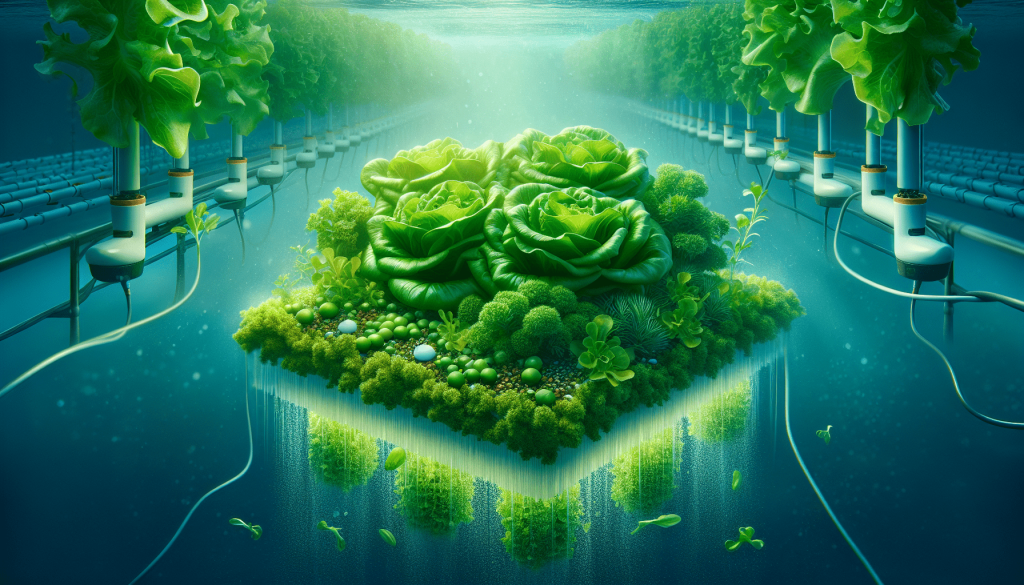
How to Use Organic Nutrients in Hydroponics
Incorporating organic nutrients into your hydroponic system is simple and straightforward, requiring only a few steps to ensure successful plant growth and maximum yield. Follow these guidelines to effectively use organic nutrients in your hydroponic setup.
Dilution and Application
Organic nutrients are typically concentrated formulas that need to be diluted with water before application. Follow the manufacturer’s instructions for proper dilution ratios and application rates to avoid overfeeding or nutrient burn. Use a measuring cup or syringe to accurately measure the nutrients and mix them thoroughly in the water reservoir.
Timing and Frequency
Organic nutrients should be added to the nutrient solution at specific stages of plant growth to meet the plants’ changing nutritional needs. During the vegetative stage, plants require higher nitrogen levels for leafy growth, while the flowering stage necessitates more phosphorus and potassium for flower and fruit development. Adjust the nutrient mix and application frequency accordingly to support plant growth and maximize yields.
Monitoring and Adjustments
Regularly monitor the pH and nutrient levels of the hydroponic solution to ensure optimal plant health and growth. pH levels should be maintained within the ideal range for nutrient uptake, typically between 5.5 and 6.5. Test the nutrient solution regularly using a pH meter and nutrient test kit to make any necessary adjustments to keep the plants healthy and thriving.
Flushing and Cleaning
Periodically flush the hydroponic system with clean water to remove any nutrient buildup or residue that may accumulate in the system. Flushing helps prevent nutrient imbalances and maintains the system’s proper functioning. Clean the nutrient reservoir, tubing, and growing medium regularly to prevent clogs, algae growth, and contamination that can affect plant growth.
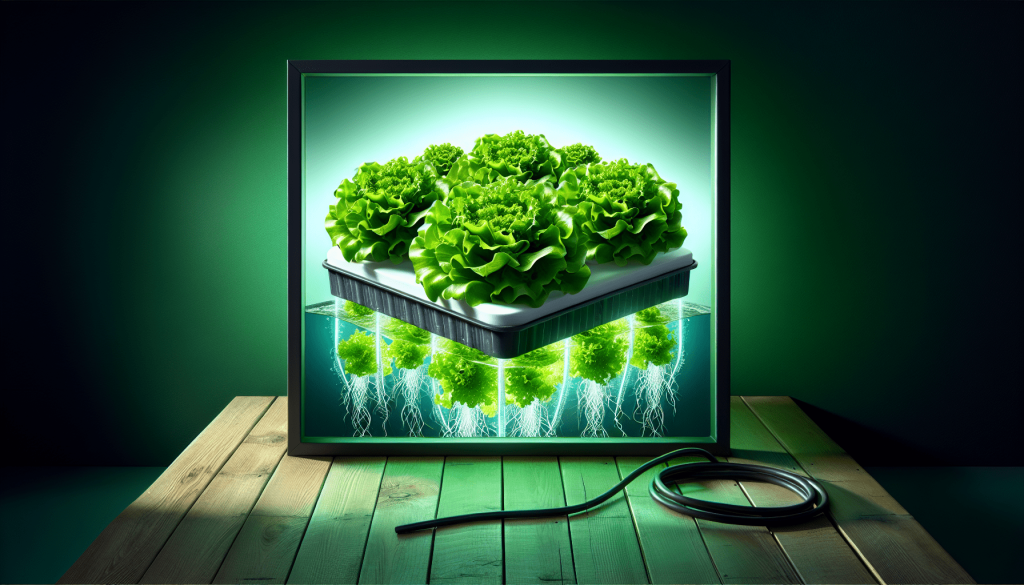
Conclusion
In conclusion, incorporating organic nutrients into your hydroponic system offers numerous benefits for plant growth, yield, and overall plant health. Organic nutrients provide plants with essential nutrients derived from natural sources, promoting faster growth, improved nutrient uptake, and enhanced resistance to diseases and pests. By choosing organic nutrients for your hydroponic setup, you can create a sustainable, environmentally friendly growing environment that produces fresh, nutritious crops year-round. Remember to select the right organic nutrients for your plants, follow proper application guidelines, and monitor the system regularly to ensure successful plant growth and abundant harvests.





